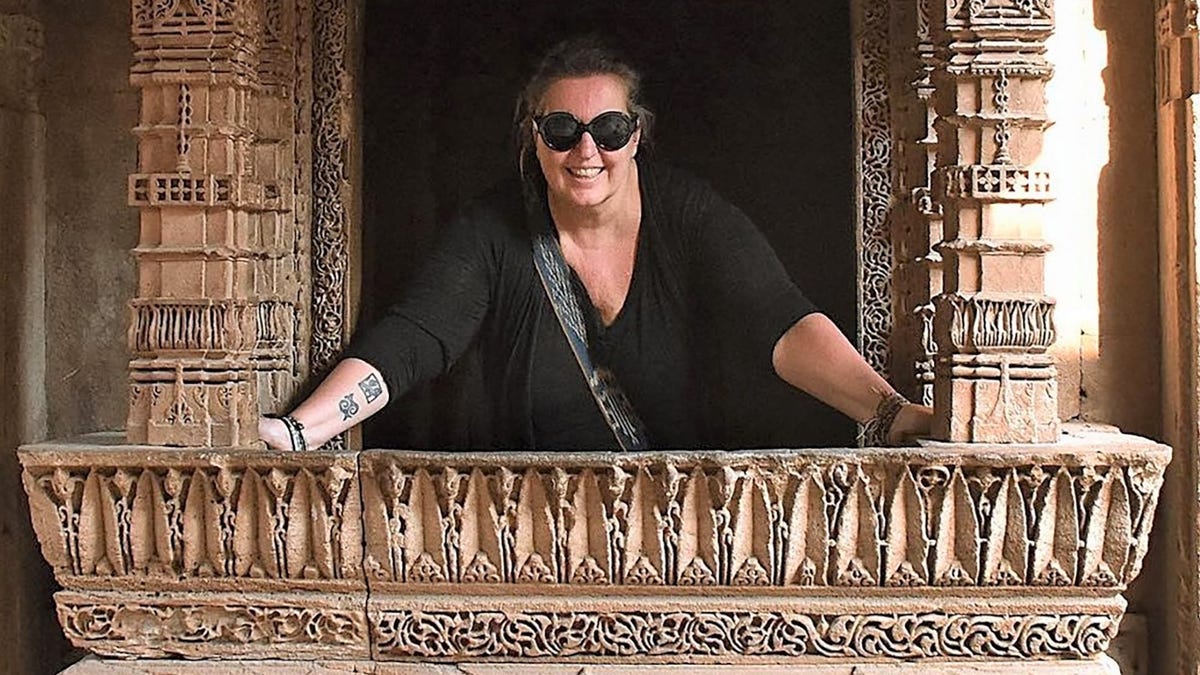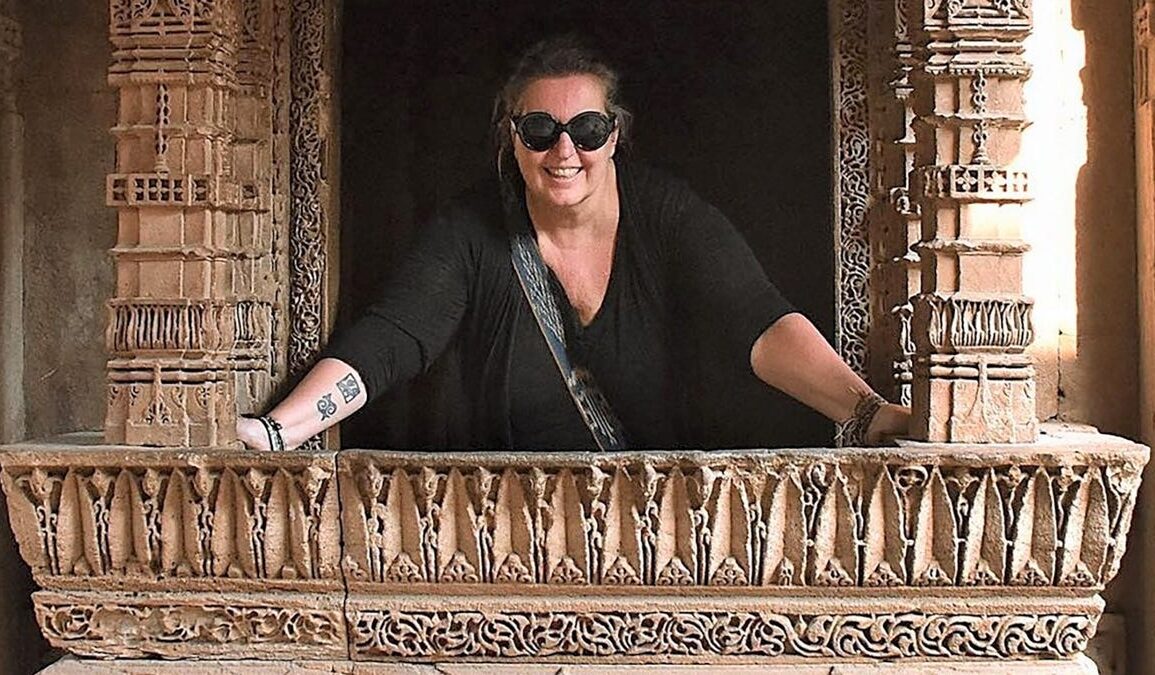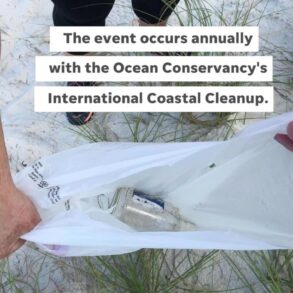
SCITUATE — Two decades ago, Marie Flaherty wanted to try something different. She opened a shop in North Scituate that specialized in Native American art and jewelry, along with Mexican and Indian items.
Her first location was a bit snug — all of 200 square feet — so after about three years, she realized she needed to expand. A friend who had a shop in Scituate Harbor kept her posted on vacancies, and eventually something came up in a former Cumberland Farms space on Front Street.
“It was a great location, I hounded the building owner every week,” Flaherty said.
Her shop, Native, has since become a staple at the harbor, known for its eclectic display of wares from places near and far. This month it marks its 20th anniversary.
“It doesn’t seem like it’s been 20 years,” Flaherty said. “It doesn’t seem that long.”
Shop owner is ‘drawn to Indigenous people, different cultures’
A North Quincy native, Flaherty has always had an interest in Native American pottery and jewelry, and she loves and collects masks.
“I have always been drawn to Indigenous people and different cultures,” she said.
Flaherty earned a bachelor of fine arts degree from the School of the Museum of Fine Arts at Tufts, took summer classes at the Art Institute of Boston (now Lesley University College of Art and Design), and went on to the Massachusetts College of Art and Design — MassArt — for graduate school.
“During my BFA, I had an independent study for four months at the Instituto Allende in San Miguel Allende, Mexico,” she said.
Flaherty moved to Scituate in the mid-1990s with her husband and young daughter, working for several years as a graphic designer.
“Eventually, I felt it had become too corporate,” she said. “I made more money doing graphics, but there was no real joy in it.”
She decided to take a chance opening the shop.
“It’s been a learning experience,” Flaherty said. “I’m still learning.”
The biggest challenge is simply time.
“It’s been more time-consuming than I thought it would be, but I like it better than doing graphic work, though I still do the graphics for cards and signs,” Flaherty said. “You definitely can’t do this with little kids, unless you have a lot of help. When (her daughter) Gracie was little, my husband worked nights, so he was around with her during the day. I was fortunate.”
She follows fair trade practices — that is, she does not purchase from entities known for sweat shops or child labor, and she doesn’t haggle with an artisan’s price.
“When you see how long it takes for them to make things, you really appreciate their work,” Flaherty said.
The secret to 20 years in business? A base of regulars
What she has enjoyed most during her 20 years running Native is the people she has met.
“Most of my customers are regulars,” Flaherty said. “We’ve gotten to know each other over the years. I’ve watched kids grow up. When you have a shop, you meet people; I have my door open, and they come in and we start to talk.”
Val Baker, of Scituate, has been a customer for several years, but says she still finds unique and interesting items whenever she stops in.
“Everything in the shop has a story,” she said. “I don’t even call it a shop; I call it a magnificent gallery. Marie has a wide range of products — jewelry, scarves, Nativity sets, wooden saint icons, bags, felted pieces, cards. People should stop in because it will open a new world for them, and they’ll understand why Marie is so passionate about the things she has in her gallery.”
Travel plays a key role in finding new merchandise to sell
Native carries artisan-handcrafted items from nearly 60 countries. Flaherty has traveled to many of them, including countries in South and Central America, Europe and Scandinavia. She also regularly visits the American Southwest and Canada. More recently, she returned from a trip to India and Nepal where she purchased merchandise for her shop.
“I love to travel,” Flaherty said. “It’s how I connect to many of the artisans — attending fairs and folk art markets. People are really generous about sharing their time and educating me on their work and culture. I always say this, cultures are people, not governments. I’ve never had any problems traveling. I’ve never been singled out, even when I travel alone. When you travel alone, you meet people waiting in an airport, in restaurants. It’s always been a good experience.”
Despite all her travels, Flaherty finds it impossible to choose a favorite country or culture.
“They are all so different, it’s hard to compare,” she said.
Flaherty has a list of places she would still like to visit, including Morocco, South Africa and Central Asia.
From time to time, Native has hosted guest artists from throughout the world, as well as Indigenous people from the United States. They hold workshops for the public, allowing visitors to look through a window to a different way of life.
Not one to think too far ahead, Flaherty doesn’t know what she plans for the next 20 years with Native.
“My husband asks me how long I’ll be doing this,” she said. “What else am I going to do? I’m not the laying-on-the-beach kind of person. I’m always learning something and meeting people. That’s good for me.”
This post was originally published on this site be sure to check out more of their content






